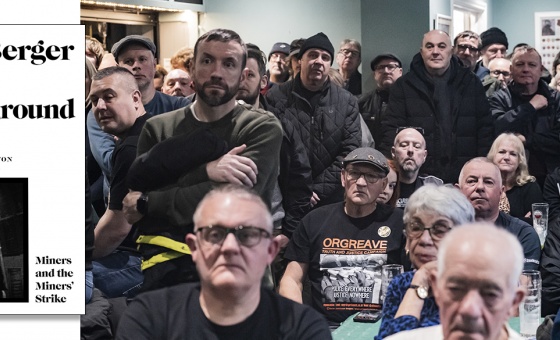This is the last article you can read this month
You can read more article this month
You can read more articles this month
Sorry your limit is up for this month
Reset on:
Please help support the Morning Star by subscribing here
Press proposals for a royal charter to establish a new system of self-regulation have been rejected, Culture Secretary Maria Miller told the House of Commons yesterday.
Ms Miller said that the industry plans did not comply with some of the "fundamental principles" of the Leveson report on press regulation, including on independence and access to arbitration.
The cross-party proposals for a charter agreed by Conservatives, Liberal Democrats and Labour and backed by Parliament will now be put forward for approval at a specially convened meeting of the Privy Council on October 30.
Ms Miller said that all three parties will work together in the next few days to agree a number of "substantive" changes to the text agreed in March and produce a final draft of the cross-party charter.
She told MPs: "We have a once-in-a-generation opportunity to get this right. We all want to do the best we can to give individuals access to redress whilst safeguarding this country's free press which forms such a vital part of our democracy."
Politicians aim to create an independent "recognition panel" which would verify the work of a new self-regulatory body to replace the Press Complaints Commission.
While the new regulator would resolve complaints about newspaper stories, the panel could withdraw recognition if it deemed that the body was not sufficiently effective or independent from the industry.
The rejected industry version prevented Parliament from amending the charter without the unanimous agreement of the recognition panel, regulator and trade associations.
It allowed former editors to serve on the recognition panel and required at least one board member to have experience of the newspaper industry.
Furthermore the industry wanted to restrict any regulator so they could only "require" corrections and apologies, rather than to "direct" them.
Hacked Off director Brian Cathcart was not surprised at the rejection.
He said: "A draft charter written by an isolated vested interest that has been condemned by a judge-led public inquiry could not conceivably trump a charter closely based on that inquiry's recommendations and then formally endorsed by Parliament.
"If that was allowed to happen it would be an affront to democracy."
However it remains to be seen which members of the newspaper industry will join up to the proposed regulations, which would not be legally binding.








